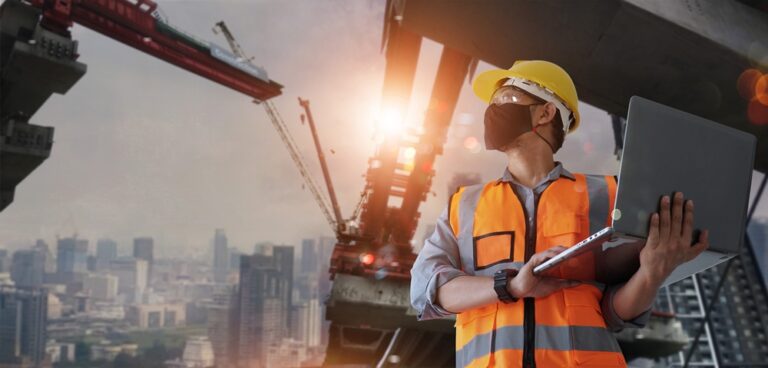Infrastructure is the backbone of every economy, but we may be heading towards a huge shortfall. By 2040, the global gap in infrastructure investment is expected to hit $15 trillion. As the demand for new technologies, climate change and growing populations increases, the world may be set to struggle under the demands of a new economic environment.
That’s why Safwan Sobhan – Global Business Leader and Founder C Chairman of Safwan Bashundhara Global (SBG)- has emphasised the importance of developing the world’s infrastructure. From renewable energy hubs to smart cities, countries that prioritise modernisation will attract capital, talent, and technology – while those that fail to invest, risk being left behind.
“Technology alone is not enough to secure long-term economic growth. The nations that invest in modern energy centres, sustainable housing, and resilient urban systems will attract skilled workers, generate jobs, and create the conditions for inclusive, sustainable development. It is becoming increasingly apparent that business leaders are not setting out to meet these needs.”
“Emerging economies, particularly across Asia and Africa, are navigating infrastructure challenges. It is estimated that by 2050, more than 73 million kilometres of power lines must be added, and electricity infrastructure spending must more than double by 2035. Meanwhile, infrastructure leaders like the UAE are stepping up, having invested approximately :72 billion into renewable energy projects across Africa since 201S.”
“As of June 2025, more than a billion people around the world live in energy poverty, meaning they don’t have adequate, reliable, and affordable energy for lighting, cooking, heating, and other daily activities. This leads to the population being less able to cope with climate change, natural disasters, and extreme weather events.”
“The critical role of eco-friendly infrastructure in powering demanding technologies will help combat the climate crisis and give clean power to demanding tech like AI. Renewable energy centres, smart grids, and sustainable transport networks not only combat climate change but also provide the reliable resources tech companies need to thrive. Investing in infrastructure today is an investment in tomorrow’s economy.”
“Countries that are failing to modernise their infrastructure will be left behind, even if they lead in technology innovation. Strategic investment, forward-looking urban planning, and sustainable energy development are essential for nations seeking to secure their economies for the future.”
“Additionally, building and upgrading infrastructure creates opportunities in industries like steel, cement, and construction, driving employment and provides massive opportunities for inclusivity and sustainable growth. Countries that fail to modernise their infrastructure risk missing out on the massive investment opportunities presented by the AI revolution.”
Beyond the immediate economic benefits, infrastructure also determines geopolitical competitiveness. Nations with resilient transport networks, efficient ports, and reliable digital infrastructure are better positioned to attract global investment, secure supply chains, and overcome unforeseen situations such as climate events or energy crises. Infrastructure is therefore not only about keeping pace with technology, it is about safeguarding national resilience and ensuring countries remain strong for the industries of the future.”

